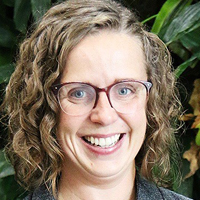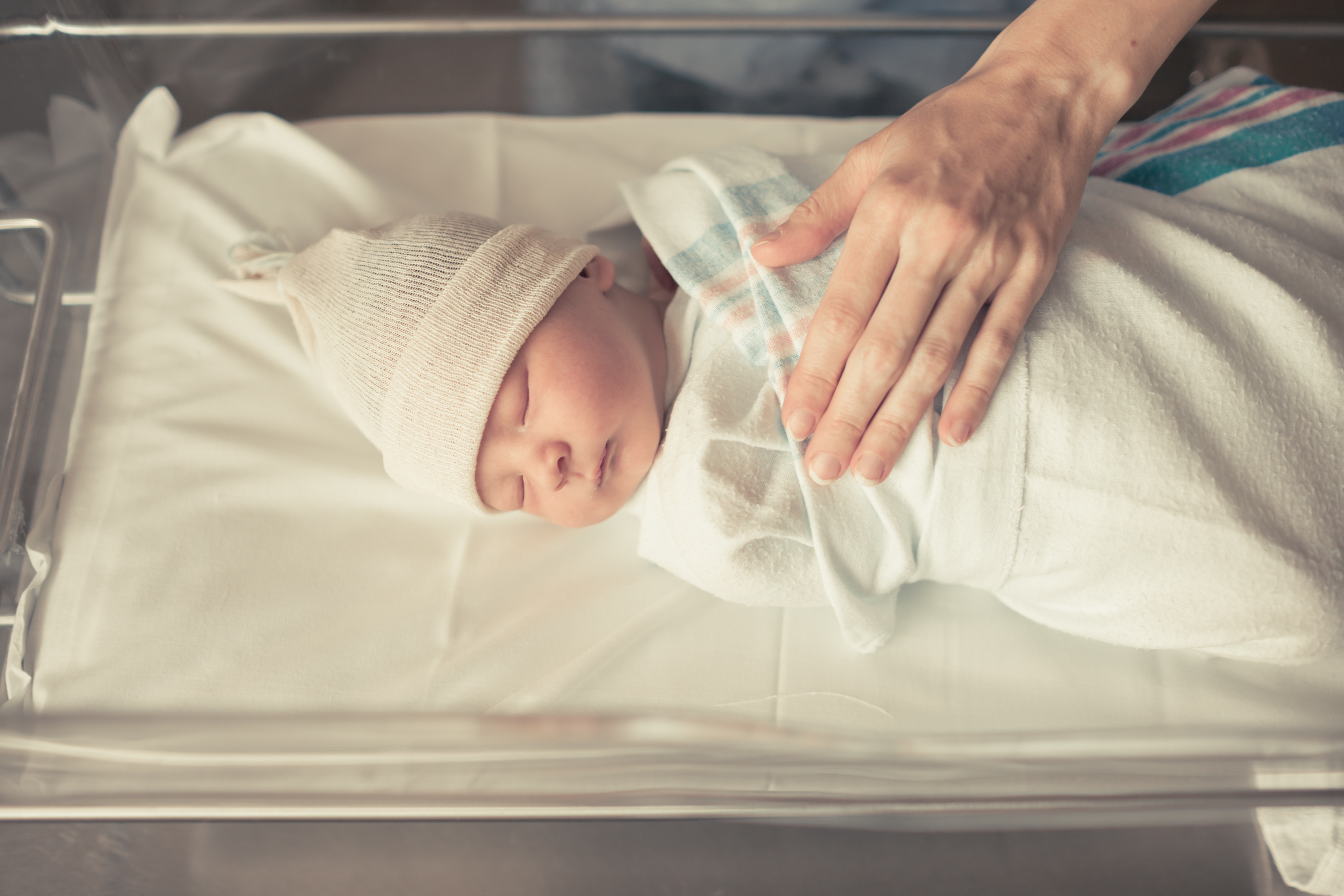
The phrase “birth tourism” has been used by media and political parties to derogatively describe the circumstances in which noncitizen women come to Canada to give birth; the suspicion is that the women do this so that the children can claim citizenship and thus take advantage of their birth country’s education and health care systems, and eventually the children can sponsor their parents to immigrate. At its 2018 convention, the Conservative Party of Canada (CPC) went so far as to pass a nonbinding resolution to refuse automatic birthright citizenship to children born to two nonresident parents, as a solution to the “crisis” of birth tourism. Echoing these sentiments, a recent investigation of birth tourism by the CBC’s Fifth Estate drew three conclusions: Canadian birth tourism is on the rise, it demands a legislative response, and it is a disingenuous pathway to citizenship
All three of The Fifth Estate’s conclusions are flawed, and they have serious implications for those pregnant migrant women who are being labelled birth tourists.
Take the argument that birth tourism is on the rise. Neither the Canada Border Services Agency nor Immigration, Refugees and Citizenship Canada tracks the entry of pregnant nonresidents into the country. Moreover, hospitals are not legally required to inquire about the mother’s nationality, as it is not a prerequisite for a birth certificate. Researchers at the Canadian Institute for Health Information have developed a workaround based on hospital financial data, which include a code for services provided to nonresidents (“other country resident self-pay”). These data show that 3,628 births (1.2 percent of total births) in Canada (not including Quebec) in 2017 were to nonresident mothers. They also show that this number has doubled since 2010 but is geographically focused, primarily in 25 hospitals in Ontario and British Columbia (with comparable numbers in Montreal). But this is only a proxy measure for birth tourism, because it includes international students, migrant workers, those with work visas and foreign government personnel, all of whom could have given birth in Canada, but whose entry into the country was not likely a product of birth tourism.
Nevertheless, the focus on birth tourism has persisted. Parliamentary petitions to refuse birthright citizenship to children born to two nonresident parents were sponsored by Conservative MP Alice Wong in 2012 and in 2018 by Liberal MP Joe Peschisolido. The Fifth Estate segment is the latest in a series of media investigations into the perceived dangers birth tourism presents, not for the pregnant migrant women at the heart of this narrative but for the integrity of Canada’s immigration system and Canadian citizenship at large.
Birth tourism does happen, but the available numbers do not suggest a trend in need of government action — especially action in the form of birthright citizenship refusal. Ministers of both parties reached the conclusion that no measures were necessary: in 2012, it was the Conservative minister of citizenship and immigration, Jason Kenney, and in 2018, the Liberal minister of immigration, refugees and citizenship, Ahmed Hussen. The two MPs’ parliamentary petitions failed to gain any legislative traction; provincial legislatures in Ontario and British Columbia also voted against legislative action. Even the CPC opted not to include any mention of birth tourism in its 2019 electoral platform, despite its convention resolution. The continued focus on birth tourism misrepresents the actual urgency of birth tourism, and ultimately this harms nonresident pregnant women by casting them as illegitimate and glossing over the barriers they face with the Canadian immigration system.
Temporary residents often migrate with their families or stay in Canada for prolonged periods — years — and form intimate personal relationships in their Canadian communities.
Discussion of nonresident births must be contextualized within broader immigration trends and the limitations on access to health care. The number of temporary residents arriving in Canada has steadily increased, and many of these people will pursue permanent residency through programs such as the Canadian Experience Class and contribute substantially to the social and economic well-being of their communities and the country.
For nonresidents temporarily residing in Canada, access to public health insurance depends on their immigration category. For example, international students’ access to health coverage in Quebec is limited by nationality; in Ontario and Manitoba it is not available to holders of study permits. For temporary workers, coverage is restricted based on the type or duration of work permit and can require a three-month wait period. Furthermore, people with temporary-resident visas or who are without formal status do not qualify for any medical coverage whatsoever. People enter and live in Canada with temporary resident visas for all kinds of reasons, including to live with their spouse while waiting for their family sponsorship applications to be processed. Temporary residents often migrate with their families or stay in Canada for prolonged periods — years — and form intimate personal relationships in their Canadian communities. The desire to have a family and children is widely considered a natural aspiration that all people should be free to pursue alongside studying and working. While many nonresidents can access public health insurance, access is not universal — a distinction not addressed in the current data. Our research, which is still ongoing, shows that when nonresident women without insurance arrive at a hospital or clinic seeking perinatal care, they are often assumed to be “birth tourists” and treated as if they are unfairly taking advantage of Canada’s health care and immigration systems.
While technically legal, birth tourism is presented as a way to jump the immigration queue by utilizing a disingenuous pathway to Canadian citizenship, and ultimately taking away resources from more “deserving” and “committed” Canadian citizens. MP Wong spoke in favour of the nonbinding convention resolution, saying that “passport babies” take away resources from Canada’s system and that Canada should “fight for our own babies.” This framing of so-called birth tourists and their children as system cheaters is part of a larger trend of criminalizing migrants using the language of deservedness, desirability and illegality to pit “undeserving” migrants against the generosity of Canadians. To this end, birth tourists and their children are marked as less desirable because they are using what is thought of as an improper — albeit legal — channel to obtain Canadian citizenship.
Claims of deservedness suggest that citizens must have an ongoing commitment and obligation to Canada, and children being born as a result of birth tourism are said to disrupt this because there is no way for them to actively demonstrate a clear connection to their acquired status once they’re adults. This, however, is not the defining feature of birthright citizenship: Canadian-born citizens do not actively commit to their status. Moreover, political scientists Rita Dhamoon and Sunera Thobani, among others, conclude that Canadian-born citizens — specifically white Canadian-born citizens — rarely undergo ongoing evaluations of their commitment to the Canadian state. How, then, do we reconcile this double standard where Canadian children born to nonresident parents are held to different, and arguably unrealistic, expectations around citizenship than those born to resident parents? The unspoken accusation here is that “undesirable” migrants are using a legal channel to claim Canadian citizenship.
The result is that nonresident pregnant women are framed as potential perpetrators of migration or citizenship fraud. While available data do not distinguish between racialized and nonracialized mothers, most media and political analysis focuses on racialized birth mothers. This echoes the historical treatment of nonwhite and non-European immigrants as a security concern. For example, Canada’s heavily racialized temporary foreign worker programs have largely restricted family migration and permanent settlement, and there has been increased scrutiny of our family sponsorship program as officials look for marriage fraud. It is important to also consider how this narrative draws on broader problematic perceptions of racialized (and other marginalized) women as not making “ethical” reproductive decisions: for example, choosing to have children to procure state resources for themselves. Considering that the evidence does not support the broad claim that birth tourism is an imminent threat to the country, we question whether it is an issue in need of a legislative response or simply a dog whistle that calls back long-standing sexist and racist immigration legacies that perpetuate the criminalization and surveillance of racialized pregnant nonresident women.
More research needs to be done on birth tourism. Rather than furthering narratives that demonize and criminalize nonresident mothers as birth tourists, we need to shift the focus to how these women’s experiences are eclipsed as a result of this dangerous discourse. Marking these women as queue jumpers and citizenship fraudsters ignores the real-life obstacles they encounter within the health care system and the Canadian immigration system. In our research, we find that these women face challenges accessing perinatal care, building trusted relationships in health care settings and having their voices heard. They pay high hospital and doctor fees, resulting in situations where they forgo necessary care at their own personal risk. It is this crisis rather than the perceived crisis of birth tourism that is in need of further legislative attention.
Photo: Shutterstock by AePatt Journey
Do you have something to say about the article you just read? Be part of the Policy Options discussion, and send in your own submission. Here is a link on how to do it. | Souhaitez-vous réagir à cet article ? Joignez-vous aux débats d’Options politiques et soumettez-nous votre texte en suivant ces directives.










